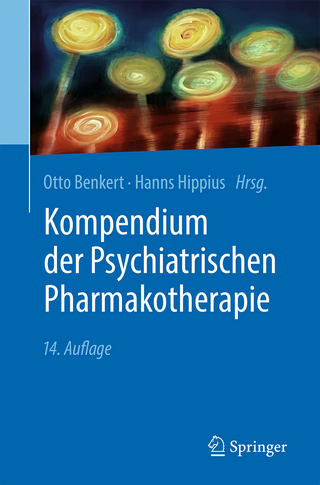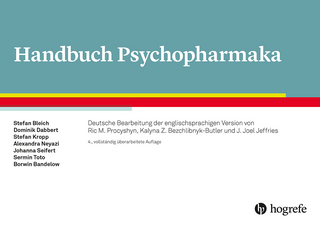Lycium Barbarum and Human Health
Dr. Raymond Chuen-Chung Chang is an associate professor in Department of Anatomy, the University of Hong Kong. He serves as the associate editor for the Journal of Alzheimer’s Disease and in the Editorial Board of several journals, such as Journal of Brain and Behavioral Sciences and Neural Regeneration Research. His research mainly focuses on molecular mechanism of neuronal degeneration and its pharmacological intervention, and he has published nearly 100 research articles since 2000. Dr. Kwok-Fai So is currently Chair Professor and Head of the Department of Anatomy, Jessie Ho Professor in Neuroscience at The University of Hong Kong, a member of the Chinese Academy of Sciences, Co-Director of the State Key laboratory of Brain and Cognitive Sciences at HKU, and director of Join Laboratory for Brain Function and Health Jinan University and the University of Hong Kong. He is one of the pioneers in the field of axonal regeneration in visual system, and has published more than 200 articles.
Chemical and Genetic Diversity of Wolfberry.- Immunoregulation and Lycium barbarum.- The antioxidant, anti-inflammatory and anti-apoptotic effects of Wolfberry in fatty liver disease.- Effects of Lycium barbarum on modulation of blood vessel and hemodynamics.- Dermatologic Uses and Effects of Lycium barbarum.- Lycium Barbarum and Tumor in Gastrointestinal Tract.- Prevention of Neurodegeneration for Alzheimer’s Disease by Lycium barbarum.- Pro-sexual effects of Lycium barbarum.- Lycium barbarum: Neuroprotective Effects in Ischemic Stroke.- Secondary Degeneration after Partial Optic Nerve Injury and Possible Neuroprotective Effects of Lycium Barbarum (wolfberry).- Role of Lycium barbarum extracts in retinal diseases.- Allergenic Sensitization Mediated by Wolfberry'.
| Zusatzinfo | 11 Illustrations, color; 6 Illustrations, black and white; XII, 198 p. 17 illus., 11 illus. in color. |
|---|---|
| Verlagsort | Dordrecht |
| Sprache | englisch |
| Maße | 155 x 235 mm |
| Themenwelt | Medizin / Pharmazie ► Medizinische Fachgebiete ► Pharmakologie / Pharmakotherapie |
| Medizin / Pharmazie ► Naturheilkunde | |
| Medizin / Pharmazie ► Pharmazie | |
| Naturwissenschaften ► Biologie ► Botanik | |
| Naturwissenschaften ► Biologie ► Humanbiologie | |
| Naturwissenschaften ► Biologie ► Zoologie | |
| Technik ► Lebensmitteltechnologie | |
| Schlagworte | Central nervous system disease • Health supplement • herbal medicine • Lycium Barbarum • Nutrition supplement • Wolfberry |
| ISBN-10 | 94-017-9657-2 / 9401796572 |
| ISBN-13 | 978-94-017-9657-6 / 9789401796576 |
| Zustand | Neuware |
| Haben Sie eine Frage zum Produkt? |
aus dem Bereich




